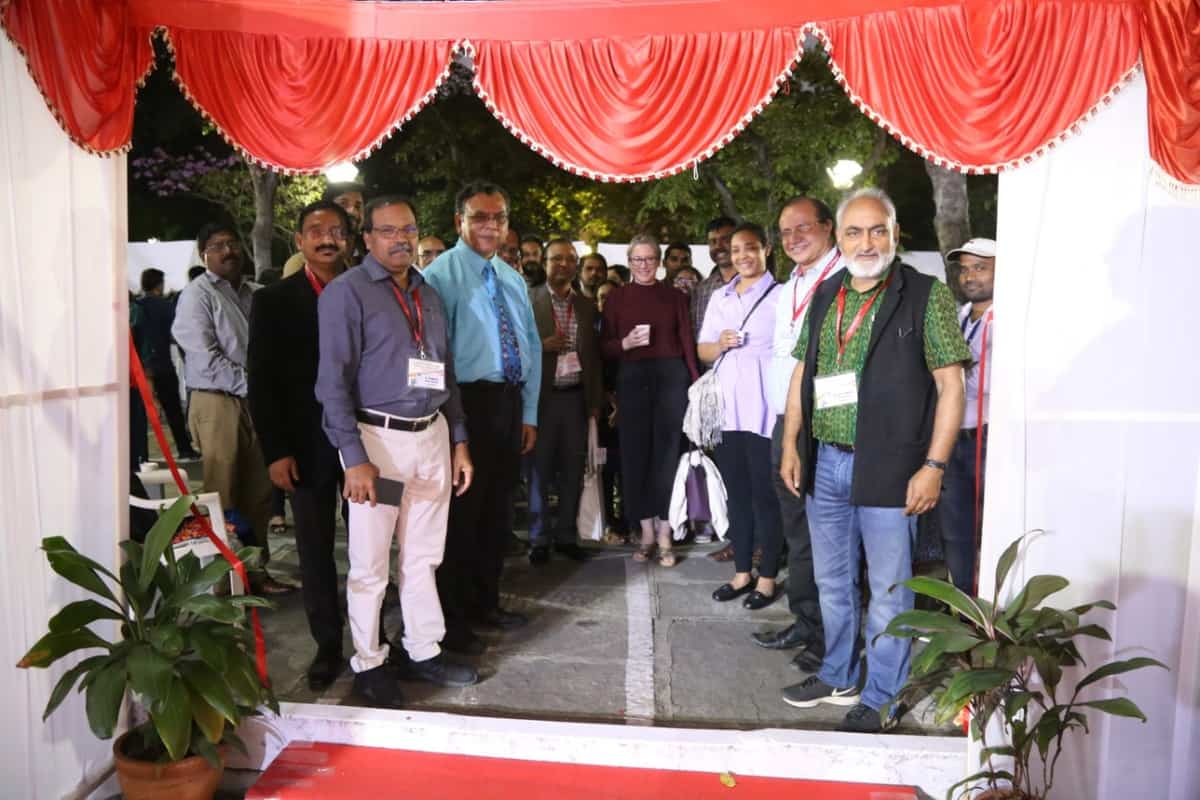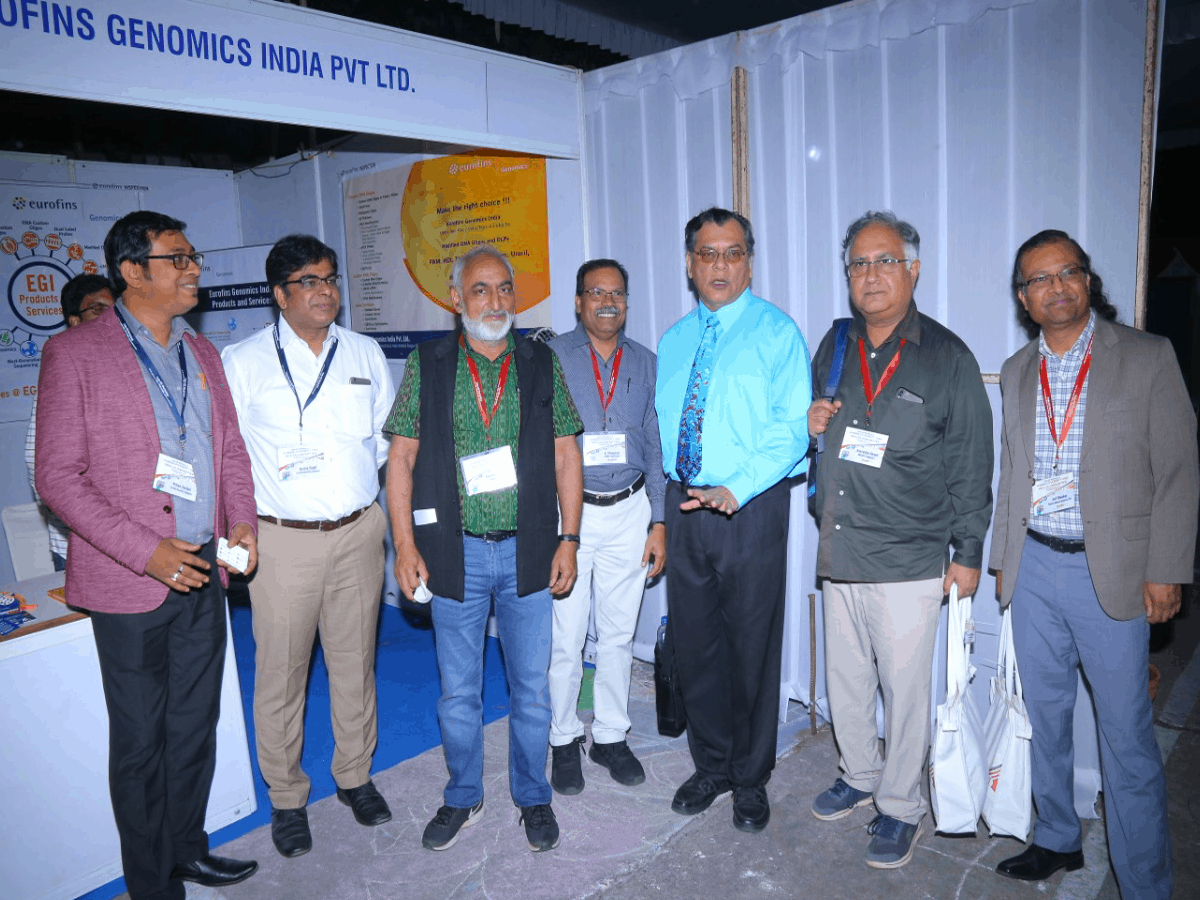Hyderabad: One size doesn’t fit all – especially so in healthcare. Much of it depends on your genetic makeup as well as your surroundings which modify your genes – what is called epigenetics. As genetics of populations in different parts of the world differ from each other, there is an immense interest among researchers and governments to look at genetic details of many non-communicable diseases.
CSIR-Centre for Cellular and Molecular Biology (CCMB), Hyderabad has brought together researchers from India and the USA who work to understand the genetic basis of diseases among various ethnic populations from different parts of the world. From Jan 16-18, at the Indo-US Workshop on Human Diversity and Health Disparities, researchers will deliberate on the genetic and epigenetic basis of different forms of cancer, diabetes, heart and neurological diseases in South Asia and the USA.
It will also have focused discussions on the promise of personalized medicine, and advancements in technologies to make it possible. Dr. Thangaraj from CCMB and Dr. Keshav Singh, University of Alabama, Birmingham, the convenors of the meeting from the two countries mention that most of the data that we have today is based on European populations. For the field of personalized medicine to progress, it is imperative for us to understand population-specific genetics.

The workshop is being attended by around 200 researchers, many of whom are promising Ph.D. scholars from research institutes, universities, hospitals, and life science companies in India and the USA. This meeting is arranged by the Indo-US Science and Technology Forum, supported by the Department of Science and Technology, India and the Department of State, the USA with an aim to create fruitful collaborations between the two countries.
Director CCMB, Dr Rakesh K Mishra says, “Variation in our population and differential susceptibility to diseases and response to treatment methods have been known. With genome information, we can now think of precision and personalized approach for more effective and economical approaches to healthcare. This meeting brings experts from India and the USA to discuss the latest findings. This is likely to help us fine-tune our way forward towards genome-assisted healthcare.”
SIASAT NEWS

